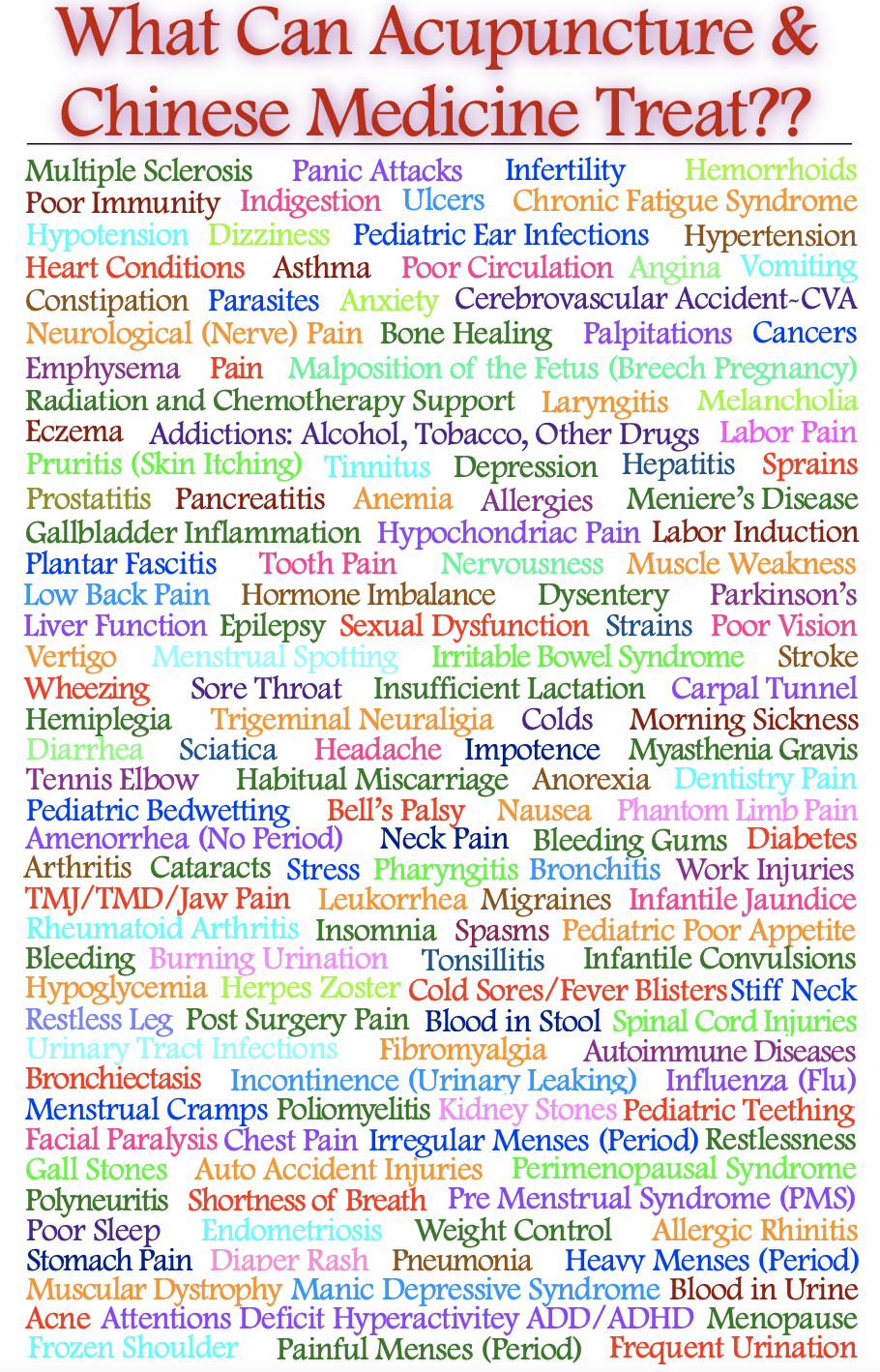Why didn’t my doctor tell me about this?
When talking with newer clients, often hears them express frustration, and sometimes even outright anger, that their medical doctor didn’t tell them about _____________ (fill in the blank).
Why didn’t my doctor tell me about acupuncture and that it can help me?
Why didn’t my doctor tell me about the side effects of the medication they prescribed?
Why didn’t my doctor tell me about foods I can eat to help my condition?
Why didn’t my doctor tell me about vitamins and supplements I can take to help myself heal faster?
Why didn’t my doctor tell me to stop doing “this” as it was making my condition worse?
Why, why, why, why?!
Does this sound familiar? Have these words fallen past your very own lips, or perhaps from your loved one’s?
These really are common questions Dr Sandra hears over and over again. You are SO not alone in your frustrations.
While Dr Sandra cannot answer for certain as to “why,” there are a couple of factors that she thinks are important to consider.
Time Factor
One is the time factor. The average medical doctor gets just 7 minutes to spend with each patient. 7 minutes. For simple conditions, this might be reasonable.
However, many of the people that seek out Dr Sandra’s care have chronic, complex, and complicated conditions. Her clients often relay that they have to wait for 6-9 months to even get in to be seen by their medical doctor! They definitely need more than just 7 minutes of her time 2x/year.
Unfortunately, they say it’s common to leave their appointments with many unanswered questions, being told that they can address those questions at their next appointment. Sometimes, having to wait another 6 months to even get to those questions! It’s a sad loop of frustration, overworked doctors, and under-serviced patients.
Education
The next important factor to consider is education. What many people don’t know is that most medical doctors are not well trained in nutrition, vitamins, supplements, and diet and lifestyle influences on health.
They might briefly cover it in one class for just one day during med school. That’s it.
So, if a medical doctor has had only 3 hours of diet & nutrition education, or perhaps, let’s say they might have been in a better program and received 10 hours, that limited amount of time just isn’t enough to get into the details and confidently know what a body needs to heal using food and supplements.
If the doctor doesn’t know the information, or is not confident in the topic, it makes it pretty difficult for them to pass on the information to you, right?
Liability
The third point to consider is liability. Medical doctors are responsible for their recommendations. No wise person, doctor or otherwise, would recommend something they aren’t confident in or trust, especially, especially, especially if they were going to be held accountable in a society so filled with lawsuits.
So, what can you do about this? You need more care and attention. How do you get it?
First off, let’s hopefully ease some of your frustration by sharing an analogy with you. It’s from one of Dr Sandra’s professors during her first year of medical school, and she thinks that it will really help you understand the situation.
So, here she was sitting in class when Dr Zheng drops this priceless pearl of wisdom:
“You need both Western medicine and Chinese medicine. Western medicine is like a firefighter; they're there for the emergencies. Chinese medicine is like the housekeeper; they're there to keep the house clean so you have fewer emergencies.”
Poof! Mind blown! Thanks Dr. Zheng!
This analogy has helped Dr Sandra and her clients understand and navigate the medical system and expectations with less frustration.
So, when we erroneously think that medical doctors are supposed to “rebuild our house after a fire,” we set ourselves up for frustration and disappointment.
We know, if we have a house fire, we have to hire repair people to come in and drywall, frame, paint, and possibly a myriad of other special contractors, dependent upon how much damage occurred to our house. We would not expect a firefighter to do those jobs… just like we cannot expect Western medical doctors to be our acupuncturist, holistic doctor, naturopath, chiropractor, or our diet, lifestyle, and nutrition expert.
The Western medical doctors are not drywallers, they are not painters. They put out the fire; they stop the emergency; they keep you alive. The rebuilding and repair process is done by other providers. In the Western medical realm, this might be physical therapists or cosmetic surgeons. Or…
for the day-to-day rebuilding, rejuvenating, and transforming your life and health, you will likely find more supportive resources using holistic medical providers - acupuncturists, chiropractors, naturopaths, Traditional East Asian Medicine doctors, too.
An Effective, Holistic Option
One of the best parts about Dr Sandra’s work is that she gets the honor of sharing this how-to-keep-the-house-cleaner wisdom with you to help you make empowered choices to enhance your health.
She invites you to step into her world and allow her to assist you to accelerate your healing. She loves what she does, and is passionate about empowering her clients to have the tools they need to live their lives to the fullest.
Dr Sandra can help you rebuild, restore, and rejuvenate your health to its innate vibrancy. Her healing work offers a combination of many healing modalities to get you healed as quickly, thoroughly as possible with long-lasting results.
She has specialized training in Western medical laboratory reports which enhances her Traditional East Asian medical foundation. It really is the best of both worlds and allows a greater understanding of what is going on in your body and what your unique needs are.





























